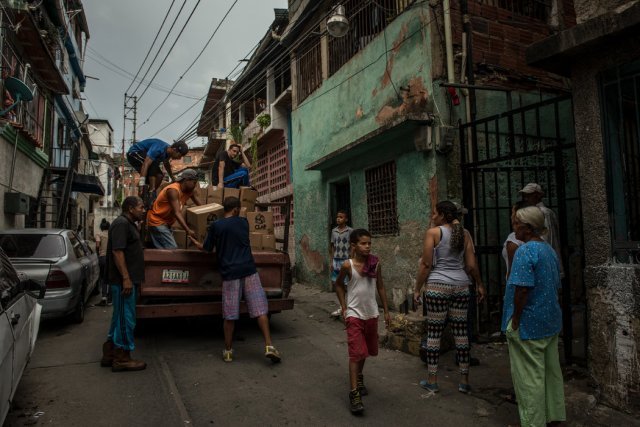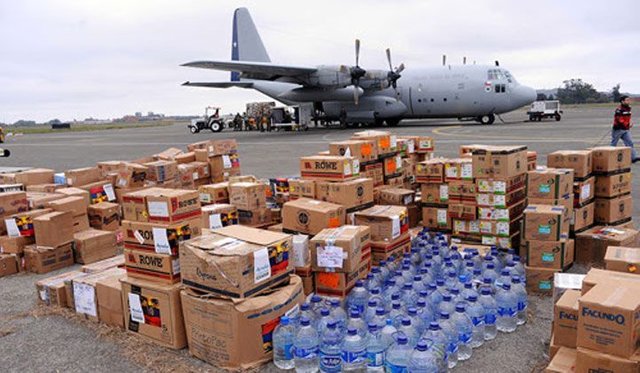Humanitarian aid in Venezuela in the midst of political disputes
Venezuelan opposition leaders say they are preparing to deliver tens of millions of dollars in donated food and medicine to alleviate the country's devastating shortages and undermine the authoritarian regime of Nicolas Maduro.
However, some of the major aid organisations refuse to cooperate because they fear that the plan could turn humanitarian aid into a political tool.
On February 5, the opposition said it would begin supplying a series of warehouses near the Venezuelan border with supplies donated by the United States, Colombia and Venezuelans abroad. Humanitarian aid - infant formula, food supplements, medicine and hospital supplies - could offer the opposition a tangible way to weaken Maduro, who has long relied on food deliveries to reward the fidelity of his political base during the country's prolonged economic collapse.
Getting aid into Venezuela by circumventing Maduro's security forces to reach the people who need it most will be a test of the opposition's convening power and its strategy for demanding Maduro's exit and establishing an interim government. Although the United States and more than thirty nations have recognized opposition leader Juan Guaidó as the legitimate president of Venezuela, he and his supporters have yet to demonstrate that they can govern the country effectively.
"We want to give immediate results," said Miguel Pizarro, the opposition legislator in charge of organizing the delivery of aid. "We can't wait for the political transition to begin to reduce people's suffering.
The political confrontation in Venezuela has created an unsustainable situation in which two men claim to be the legitimate incumbents of the presidency. On Tuesday, Pope Francisco said he is willing to mediate a peaceful resolution if Guaidó and Maduro ask him. He said Maduro had written him a letter asking for a dialogue.
"We are always willing," Francisco said in the papal plane, but added that both parties had to be willing.

